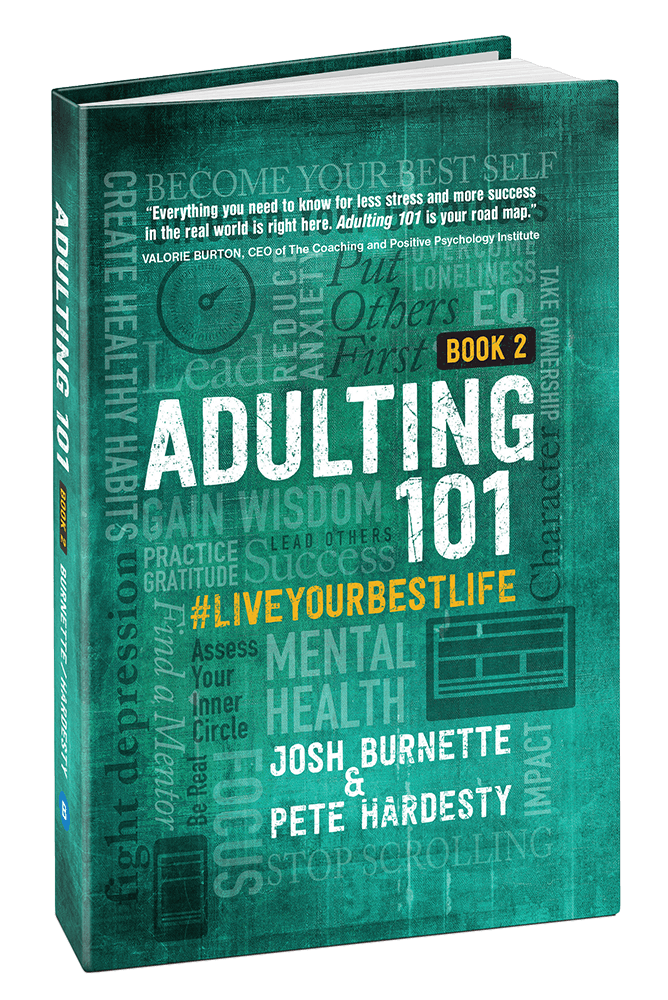

I want to share about a time where my self-awareness was at a 0. Or maybe even negative if that’s possible. I was once leading a small team that had super high capacity. For about a month and a half, we worked long, intense hours with lots of overtime that resulted in tremendous success. At the first meeting after this season ended, I brought bottles of a sparkling beverage and fun champagne flutes to celebrate our success with a toast.
But as I pulled out the bottles and glasses, the record scratched, and the room went silent. I looked up to furrowed brows, dark circles under eyes, and even a couple scowls that bordered on downright glares. Uh oh, I thought. Something was amiss. I opened up the floor for reflection and sharing and asked how everyone was doing. They told me how tired they felt and said they had been pushed to the brink. They were frustrated, exhausted, angry, and resentful. I sheepishly tried to slide the cider and champagne flutes back into my bag, but it was too late. The cat was out of the bag. Or really, the champagne was out of the bag. I had misled and misread our team. I had demonstrated low self-awareness. The great thing about self-awareness is we can all improve it.
To inspire ourselves to change, we must first overcome whatever denial we may have of who we are today. Without doing this difficult, exploratory, and developmental work, it’s as if you’re driving through life with the emergency brake on. I did this once and drove for almost an hour. My car was slow and unresponsive, and I didn’t understand what was wrong. I started to get angry and frustrated, blaming my 1996 Jeep Cherokee. But it was user error. That is what we’re like when we lack self-awareness and don’t know ourselves. We are inhibited, impeded, and incapable of top performance.
How to Develop Self-Awareness
Lots of influences shape your perspective of yourself, and it takes intentional effort to change. The great news is that wherever you fall on the spectrum of knowing yourself, you can improve! Here are some practical ways to boost your self-awareness.
Develop your inner circle (see previous post). You will become like these people, so choose them wisely. This process begins by deciding who you want to be. What qualities do you want to have? Invest in and pursue people with those desired qualities.
Begin a journal. According to the Harvard Business Review, if you want to be an outstanding leader, then you have to journal. If you’ve never done this before, try it once a day for two minutes. You can begin each entry with “Today, I …” if you prefer writing at night or “Yesterday, I …” if you’re a morning person. Record observations you may have made about yourself or others. Record what is true of yourself.
Utilize personality and strengths tests/assessments. These tools exist to help you understand your behavior, clarify your perspective of the world, and discover the true you. You want an accurate representation of yourself to yourself in order to discover why you react the way that you do. We recommend starting with the Enneagram because it emphasizes your motivations, fears, and desires. It also sheds light on when you’re operating in a healthy space versus an unhealthy space. Other helpful, reliable assessments include the Myers-Briggs Type Indicator, the StrengthsFinder, and the DISC.
Take relational risks. Ask for feedback from trusted friends. Ask them questions, such as, “What’s it like to be on the other side of me? How do I come across? Do I have any blind spots?” While you listen to their answers, consider writing them down and reflecting on them. Avoid the temptation to defend yourself or justify your behavior.
Develop your listening skills. Focus entirely on what a person is saying. Put yourself in their shoes and try to imagine their experience. Picture what they are saying. Try to understand what they are communicating and feel what they are feeling. Repeat back to them what you hear and ask questions.
Listen for your inner voice. Is it positive or negative? What type of dialogue are you unconsciously having with yourself? Decide to tell yourself only truth, encouragement, and affirmation. You have control over that inner voice. Remind yourself of at least one positive affirmation every morning.
Pay attention to what behaviors bother you in others. These can serve as signposts. Ask yourself if you ever do those same things. The imperfections we notice in others can be imperfections we see in ourselves. Or as psychologist Carl Jung said, “Everything that irritates us about others can lead us to an understanding of ourselves.”
Read books and listen to podcasts on the subject of self-awareness. Brené Brown is a research professor and one of the world’s leading experts in self-development. Her podcast, Unlocking Us, is excellent, and she has written several best-selling books that help us get to know and understand ourselves.
Identify patterns in your reactions. Be on the lookout for moments when you experience disproportionate or inappropriate reactions or find yourself thinking, Here we go again. Those moments might shed light on behaviors that need improvement or resolution. For example, I realized that I had a need to be right whenever someone questioned me, particularly my title, position, or authority. This is not good for relationships (trust me). This was a warning light for something internal that was unresolved and needed work. Is there a subject, memory, or experience that you are particularly sensitive about? What makes you feel threatened or paralyzed? Let your answers guide you toward a better understanding of yourself.
This post was based on a chapter from the brand new book Adulting 101 Book 2 releasing on April 6, 2021.

